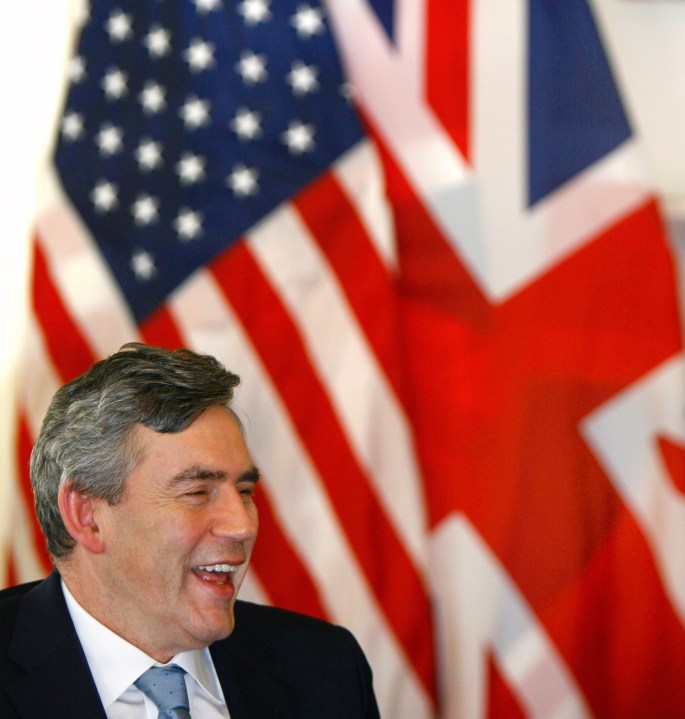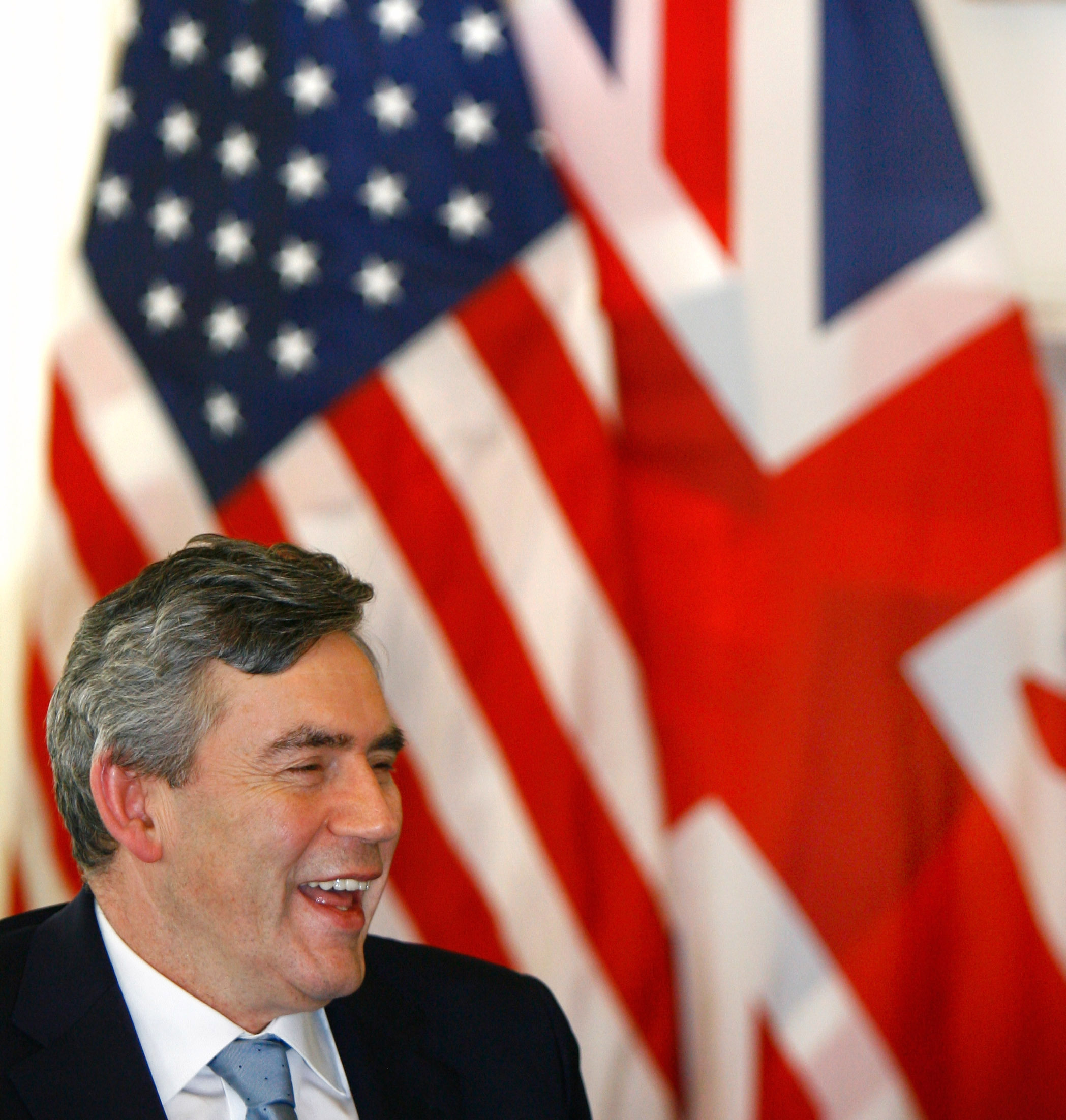 On both sides of the Atlantic, foreign policy types are busy drawing up wish-lists of what they want the other to do once a new U.S. President is elected. More troops for Nato’s Afghan mission, says Barack Obama. No, retorts John McCain, support for sanctions against Iran is more important. Progress on Kyoto, say some Europeans. Others want the US and Europe to concentrate on reforming institutions like the UN, World Bank and the IMF.
On both sides of the Atlantic, foreign policy types are busy drawing up wish-lists of what they want the other to do once a new U.S. President is elected. More troops for Nato’s Afghan mission, says Barack Obama. No, retorts John McCain, support for sanctions against Iran is more important. Progress on Kyoto, say some Europeans. Others want the US and Europe to concentrate on reforming institutions like the UN, World Bank and the IMF.
Whilst it’s better than the fraught trans-Atlantic relations of the last eight years, this outbreak of list-writing nonetheless threatens to ultimately disappoint both parties. To ensure that relations between the world’s strongest allies have a propitious, post-election relaunch, both parties will need to think not only about what they want but also about what they are willing to give.
Give-and-take characterizes all successful relationships, and the trans-Atlantic one is no different. But giving as well as taking may be harder for Europe than the U.S.
True, the contrast to 1992 could not be starker. Back then, asked whether he favoured George H W Bush or Bill Clinton, Spain’s then socialist Prime Minister Felipe Gonzalez said: “We all become a little conservative as we grow older, so there’s a tendency to think that things will go better with the person you know.” Today such views might be considered odd. Europe may favour Obama – whose Kennedyesque rhetoric and stand against the Iraq War has won him many admirers – but Europe’s leaders know, and can do business with, McCain, who is sincere about the EU’s biggest concern – the need to fight climate change. Both represent a new start and the impeding sense of relief is almost palpable.
However, neither Barack Obama nor John McCain will dissolve the laws of international relations or abandon U.S. interests. Take climate change. Both Obama and McCain have said they will endorse a “cap-and-trade” system in the U.S., which the Bush administration has resisted.
But on the question that matters most to Europe – a global agreement to replace the Kyoto Protocol – the next U.S. president may not depart from Bush’s position, which has been that China and India must be part of any deal. Once put under the microscope, other foreign policy issues show similar potential for trans-Atlantic divergence.
Standing in the way of a transatlantic love-in is also a rise in American anti-Europeanism, which will likely outlive the current administration. Even though the U.S electorate may repudiate some of President Bush’ policies – only 39% of voters now deny the invasion of Iraq was a mistake – many have a decidedly negative view of Europe, originally formed in the “Freedom Fries” days of the Iraq War, but fostered by the perception that prominent European nations are refusing to bolster NATO’s Afghan mission. Whilst neither Obama nor McCain are likely to stoke this sentiment, they will struggle to overcome it altogether.
To ensure that a new trans-Atlantic deal reflects Europe’s interests – but has enough traction in Washington to stick – common policies are needed on: how to tackle NATO’s Afghan mission; political instability in Pakistan; Russia’s growing militarism; China’s emergence as a global power; the future of NATO; ESDP and the United Nations, as well as how best way to fight international terrorism.







Comments